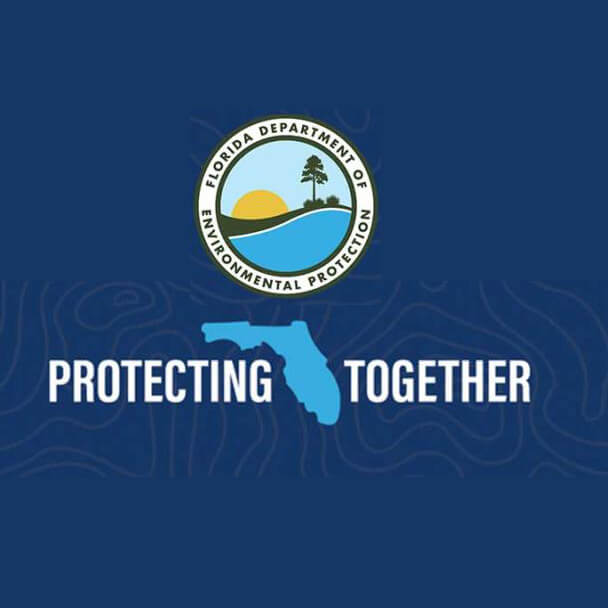Florida's Groundwater Challenge: Analyzing Well Water Problems and Solutions
Introduction
Florida, renowned for its diverse ecosystems and natural beauty, faces a significant challenge concerning the quality of its groundwater, particularly well water. This article delves into the factual analysis of well water problems in Florida and explores viable solutions to ensure the safety and sustainability of this crucial water source.
Well Water Issues in Florida
Well water in Florida encounters various challenges that impact its quality and safety. Some of the key issues include:
- Bacterial Contamination: Well water is susceptible to bacterial contamination, with coliform and E. coli being common culprits, posing health risks to consumers.
- Chemical Contaminants: Agricultural runoff, industrial activities, and urbanization contribute to the infiltration of pesticides, fertilizers, and other chemicals into the groundwater.
- Hard Water: Elevated levels of minerals, such as calcium and magnesium, result in hard water, causing scale buildup in plumbing and appliances.
- Sedimentation: Accumulation of sediment in wells can affect water clarity and lead to operational issues with pumps and appliances.
Unique Factors Impacting Florida's Groundwater
Florida's geological and environmental factors amplify the challenges associated with well water quality:
- Limestone Geology: The state's porous limestone geology allows contaminants to easily permeate the groundwater, heightening the risk of pollution.
- Agricultural Practices: Intensive agricultural activities contribute to the presence of agricultural runoff, introducing harmful substances into the water supply.
- Rapid Urbanization: The swift pace of urban development increases the likelihood of pollutants entering the groundwater, posing additional threats to well water quality.
Health Implications of Contaminated Well Water
Consuming well water tainted with bacteria, chemicals, or other contaminants can have severe health consequences. Potential health risks include gastrointestinal problems, respiratory issues, and long-term chronic diseases. Certain populations, such as children and the elderly, are particularly vulnerable to these health hazards.
Regulatory Measures and Water Testing Protocols
Recognizing the significance of well water safety, Florida has implemented regulatory measures to protect public health. The Florida Department of Health recommends regular testing of well water for various contaminants, including bacteria, nitrates, pesticides, and other potential pollutants. Routine testing is crucial to identifying and addressing water quality issues promptly.
Strategies for Remediation and Mitigation
Addressing well water challenges requires a comprehensive approach. Effective strategies for remediation and mitigation include:
- Water Filtration Systems: Installing reliable water filtration systems can effectively remove impurities, ensuring that well water is safe for consumption.
- Regular Well Maintenance: Scheduled well maintenance, involving cleaning and inspection, can prevent sediment buildup and detect potential issues at an early stage.
- Community Education: Informing residents about proper well care, potential contaminants, and testing procedures is essential in fostering a collective effort to ensure water safety.
- Land Use Planning: Implementing land use planning measures can help mitigate chemical runoff from agricultural and urban areas, preventing contamination at its source.
Conclusion
Florida's groundwater challenge demands careful consideration and decisive action. By understanding the prevalent issues, recognizing unique contributing factors, and implementing proactive measures, residents can work towards ensuring the safety and sustainability of well water. Collaborative efforts involving government agencies, communities, and individuals are crucial to addressing the root causes of contamination and securing a reliable source of clean water for present and future generations.





